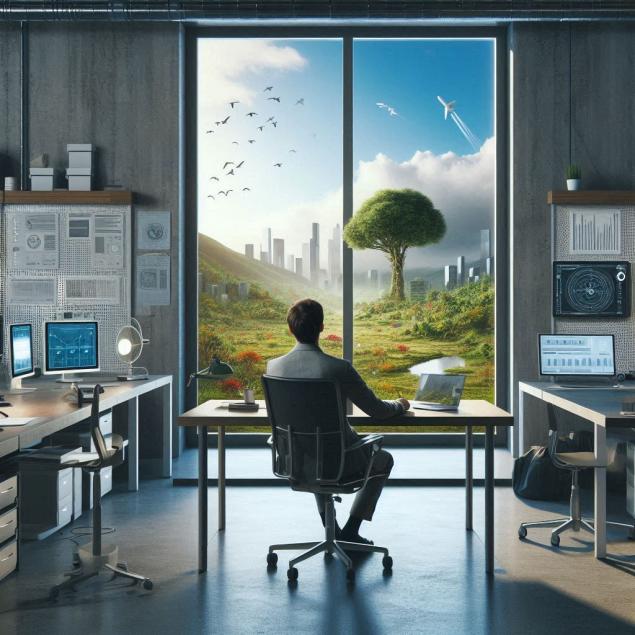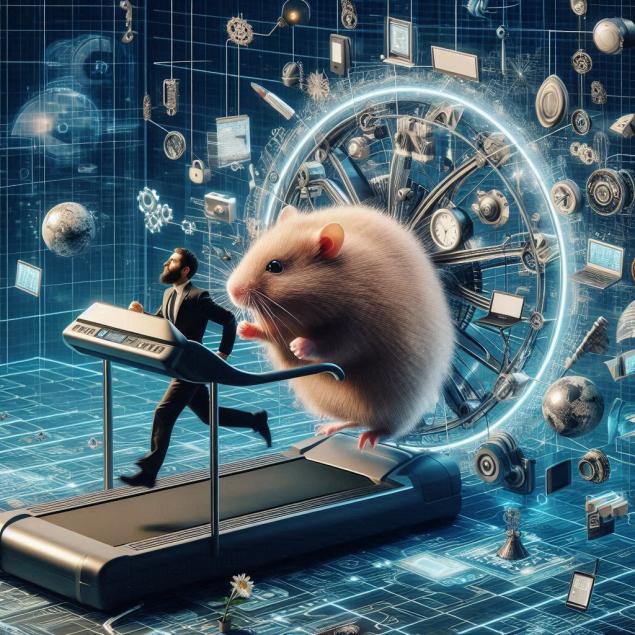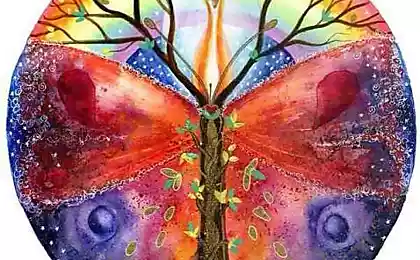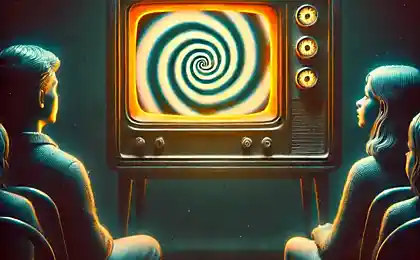190
Why technology and comfort don’t make us happy

In a world where technology promises to take care of us and comfort surrounds us from all sides, why aren’t we happier? Logic suggests that the more conveniences, the less reason for sadness. But reality says otherwise. Life used to be full of hardship: cold winters, hard work, lack of medicine. However, in those days, stress, apathy and depression were not such frequent guests. What went wrong? Let’s explore why technology and comfort, for all its benefits, do not guarantee happiness.
The Hedonistic Trap: The Happiness That Escapes
Imagine buying a new TV with a huge screen. At first you are delighted: the colors are bright, the sound is voluminous. But a month goes by and it's just part of your room. Joy disappears. This phenomenon is called hedonistic adaptation. We quickly get used to improvements in life, and they stop making us happy. New technology and comfort raise expectations, but not happiness.
Research, such as the work of psychologist Philip Brickman, shows that even after major events like winning the lottery, people return to their basic level of satisfaction.
In the past, such “jumps” were less. People were happy with simple things - the warmth of the hearth, a good harvest. Today, however, we run down an endless path of desire, where each new purchase only temporarily fills the void.
A Comparison That Poisons
Social media is one of the greatest inventions of our time. But they have become a trap for our well-being. We see perfect lives: travel, expensive cars, happy faces. Even if our lives are comfortable, we feel like failures. This social comparison, reinforced by technology, is eroding our happiness.
- In the past, people compared themselves to neighbors, not millions of strangers.
- The distorted reality of social networks creates unattainable standards.
- The feeling of inadequacy grows, even if objectively we live better than our ancestors.

The Emptiness of Comfort: When Survival Is Replaced by Questions
The difficult conditions of the past demanded full commitment. Getting food, warming up, protecting the family – these tasks left no time for reflection. Today, when basic needs are met, we face an existential void. “Why do I live?” is a question rarely visited by our survival ancestors.
Take the example of Maria, a city manager. She has everything: a cozy apartment, smart devices, subscription to streaming services. But in the evenings, she feels anguish that she cannot explain. In search of a way out, Maria began gardening. Digging in the ground and caring for plants gave her something technology couldn't give - a sense of purpose.
Overload: When technology stifles
The modern world is a constant flow of information. Notifications, calls, news - our brain does not have time to rest. Instead of making life easier, technology sometimes turns it into chaos. Research by the American Psychological Association shows that more than half of people consider digital overload to be a source of stress.
The average person checks their phone 96 times a day, which is about every 10 minutes. It's no wonder we feel squeezed.
In the past, the rhythm of life was set by nature. Today, we live at an artificial pace that is draining, not inspiring.
The Roots Gap: Nature and People vs. Gadgets
Technology distances us from what has fueled human happiness for centuries: nature and lively communication. Screens replaced walks, chats - conversations at the campfire. Science confirms that time in nature reduces the level of cortisol, the stress hormone, and close relationships strengthen mental health.

Conclusion: Happiness is not about things
Technology and comfort improve our lives, but they don’t make us happy. True well-being comes from within, from meaning, connections, and simple joys. Here's how to regain your happiness in the age of technology:
Immersion in the moment
Try mindfulness: Watch your breath or sensations for 10 minutes a day. This reduces anxiety and brings back control of thoughts.
Appreciate what you have.
Make a habit of writing down three things you are grateful for. It shifts the focus from flaws to abundance in your life.
Go back to the people.
Organize an evening with friends or help the local community. Real connections are something that no gadget can replace.
Technology is a tool, not a goal. Use them wisely, but seek happiness where it has always been: in simplicity, nature, and human relationships.
Glossary
Hedonistic adaptation The process of getting used to new conditions, due to which the joy from them quickly fades.
Social comparison The tendency to evaluate oneself through the prism of others’ achievements, often leading to dissatisfaction.
Mindfulness Practice attention to the present moment, helping to cope with stress.























